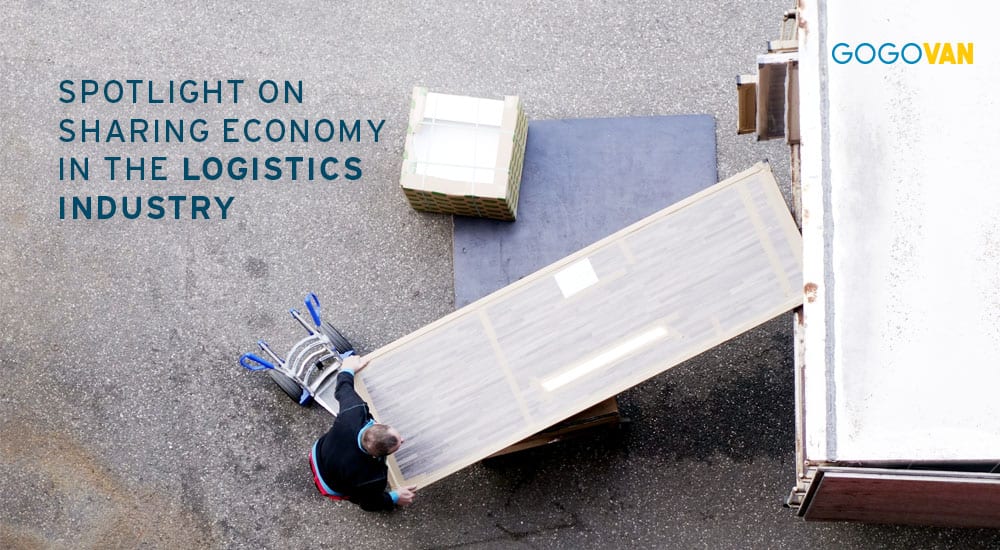
Sharing Economy is a term that only 27% of Americans have heard of and yet represents the future of economics and the logistics industry. The model is based on sales and transactions made via the online market and companies like Airbnb and Uber have already achieved an astonishing level of success by utilising this economy model.
The idea of an already existing infrastructure owned by customers not being utilised enough was the starting point for the sharing economy model.
‘’In 2015, Uber, the world’s largest taxi company owns no vehicles, Facebook, the world’s most popular media owner creates no content, Alibaba, the most valuable retailer has no inventory and Airbnb, the world’s largest accommodation provider owns no real estate.’’
–Tom Goodwin
This quote explains the sharing economy model in a nutshell and points to the shift in power. It almost seems the mediator between the hard work and product as a result, and money as a consequence is the one with the most power.
However, technology has enabled companies to have more control over logistics and, as a result, deliver items without delays or losses. It is still early to say for sure, but persistent utilisation of available software and privately owned infrastructure might easily lead to sharing economy model replacing traditional logistics model in the near future.
What Will All of This Eventually Lead to?
Once logistics companies get access to privately owned infrastructure, develop technology and good communication with customers, their business will become more effective as a result.
This will be of mutual benefit to both supply chains and owners of private infrastructure, as the latter will profit from logistics companies using their services.
However, businesses which are not agile enough to adapt to the sharing economy model may suffer substantial losses or even disappear from the market completely.
3PL companies are an example of logistics companies which have already successfully implemented this model in the hospitality industry, and by utilising privately owned infrastructure, reduced its own operational costs and generated huge turnarounds.
What’s in It for Me as a Business Owner?
For business owners, this means the future will bring an abundance of delivery options that will help you deliver your products in a quick, affordable and efficient way.
Abandonment of traditional logistics model has proven to be a trend for quite some time, and will expand more and more as the time progresses. Introducing same day delivery and other shared economy model elements by utilising software and technology will allow you to be a step ahead of your competition and keep your business growing.
Those who prepare for the final shift in the logistics model will get the most profit of out the shift itself. Get on board with it and enter a new era of modern logistics now.
If you’re ready to explore optimising your last mile delivery, read about how GOGOVan for Business can change the way you deliver.